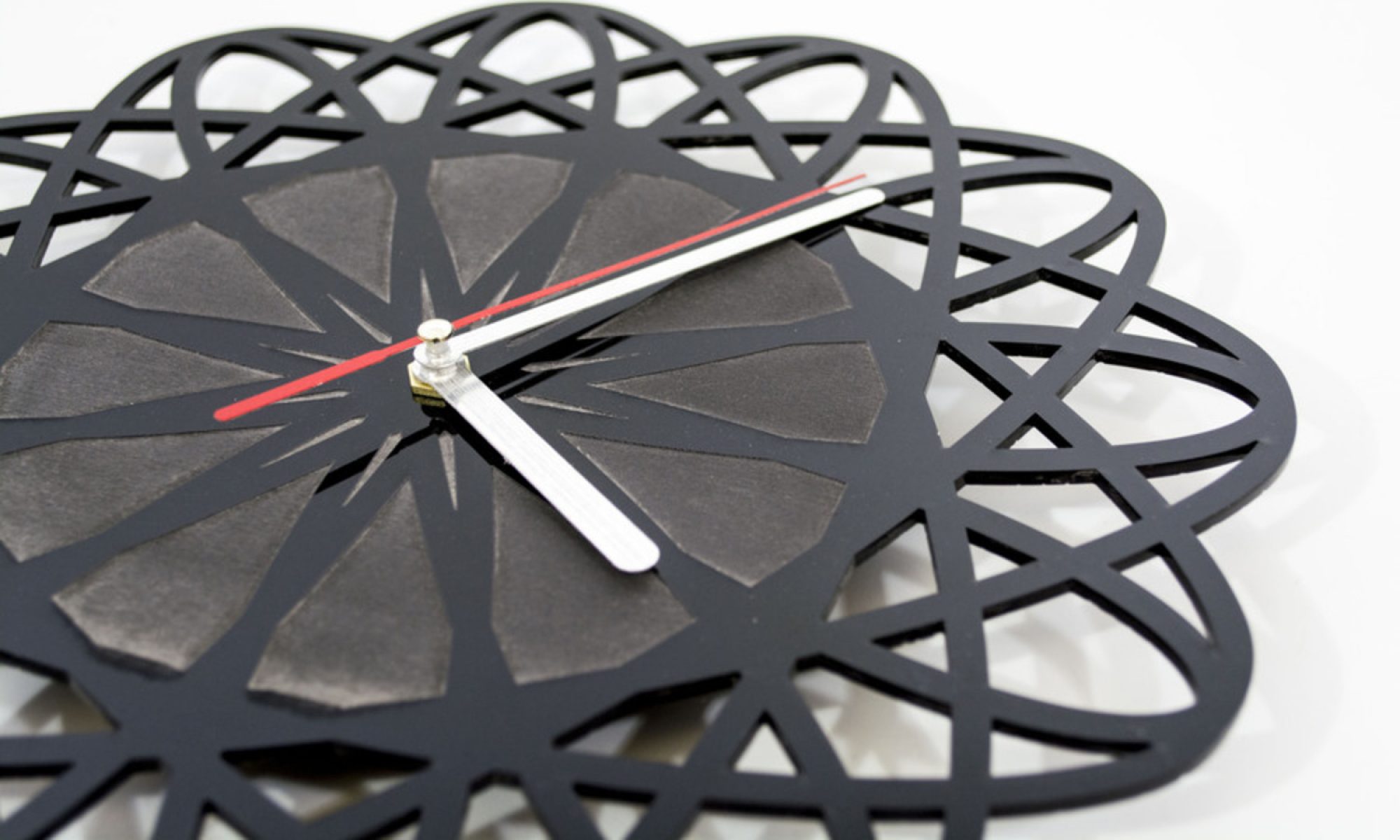Course Information
Course: Digital Tooling [DigiTool]
Course #: 62-478
Course Time: 12:30pm – 1:50pm
Days: Monday, Wednesday
Instructor: P. Zach Ali
Contact: pzali@cmu.edu
Location: IDeATe@Hunt Library, Fabrication Lab [A5]
Objectives
Provide an applied overview on various methods of Fabrication within the Digital Realm. Create a fundamental understanding of available fabrication technologies and techniques. Expand on safety and efficiency of relative workflows.
Students enrolled in this course will:
1. Utilize Computer Aided Drafting & Design (CAD) Software Environments (Rhinoceros3D) to develop 2D and 3D Geometry
2. Successfully prepare CAD Files for Computer Aided Machining (CAM) Application Environments
3. Develop advanced understanding of safe and efficient work methods
Topics covered in class:
1. [CADD Environment] Fundamental Commands + Operation, Technique, 2D Curve + Line Geometry, 3D Surface + Solid Geometry
2. [Laser Processing] File Preparation/Development for Laser Cutting and Engraving; Safe and Efficient Work Methods for CO2 Laser Equipment
3. [3D Printing] File Preparation/Development for 3D Printing, successful production, and various work methods on varying 3D Printing Technologies (FDM, SLA)
4. [CNC Routing/Milling] File Preparation/Development for Computer Numeric Controlled (CNC) Milling Equipment; Safe and Efficient Work Methods for 3-Axis Equipment; Post Processing Techniques
Work Method
The Course begins by introducing all Users to the Facility and various work-flows.
Digital Fabrication relies on Digital Development- within the second week, students begin to work in a CAD Environment. From this stage, we transition into development of 2D Geometry, and use this information to prepare files for Laser Cutting /Engraving.
Moving forward, we introduce 3D Geometry creation, development & editing. This information not only influences proper modeling techniques, but also applies to 3D Printing. 3D Printing processing environments are discussed, and Users will 3D Print various forms using (3) different 3D Printers.
With continued 3D Modeling Experience within a CAD Environment, we begin to cover Computer Aided Machining Environments. Specifically, File Preparation Techniques for successful Processing on a 3-Axis CNC Router.
Equipment training will cover Policy, Procedure, and Safety. All Users will be expected to exhibit proper Equipment Utilization under Supervision before they are approved for continued access.
Instruction
Course Instruction follows a specific outline to maximize Student progress. All topics are Introduced, Discussed, Assigned, Assisted, then Reviewed. During Introduction Phases, specific and similar processes and technologies are introduced. Discussion begins to elaborate on the specific process and technology relative to the IDeATe Facilities and capabilities. Discussion includes Policy, Procedure, and Safety Instructions. After Discussion, a small Project is Assigned. Between the Assignment Date and Checkpoint Date, the Student may schedule one-on-one Assistance with the Instructor, on an as needed basis. We end our training with the Review Phase, during which, the Instructor reviews the Project in entirety, and offers solutions, comments, or advice to improve technique for future use.
Operation/Methods/Procedure
[Attendance] Attendance and on-time arrival is critical, and also accounts for 28.5% of your Grade.
[Distractions] User of Cell Phones, pagers, and all other communication devices is prohibited during class time.
[Assignments] All assignments are due by the end of the course. Assignments are not solely graded on successful, final products. Instead, they are graded on your ability to process and incorporate class-time instruction. Your ‘Understanding’ of Course Content is essential for success within any Field.
[Holidays/Sickness/Emergencies] Please notify me as soon as possible, if you are going to miss a class due to Religious Holiday, Sickness, or Emergency. I require a Doctor’s Excuse for Sick Days. I will provide assistance with missed instruction dates to any Student whom has notified me in timely manner. I do not recognize Field Trips as acceptable excuses.
[Disabilities] Students with disabilities should contact me immediately to privately discuss academic accommodations. Please be prepared to provide the University Accommodation Letter.
[Expenses] Previously, IDeATe Courses charged a Course Fee. The Course Fee Policy/Structure, has been eliminated. Students will not be charged for taking this course. There are, however, Consumable Charges that are affiliated with Course Projects. This course, involves (2) Projects, and the estimated costs for these projects will range between $34.00-$48.00.
[Policy] The Equipment within the IDeATe Facilities features unique Policy per specific Process. It is important that all Users follow Equipment specific Policy and Procedure at ALL TIMES. Encouraging this culture is essential within this environment.
Evaluation & Grading
30% [Attendance & Participation] : Attendance to Class Sessions, and Open Lab Days. Demonstrates a will to learn the process.
47% [Laser Processing] : Demonstrate a full understanding of the Process, from Concept to Operation.
i. File Preparation : 2D Lines & Curves, Common Commands, File Setup in Rhinoceros 3D.
ii. Understanding : File Transfer, Preparation, and Submission through LaserCut.
iii. Operation : Equipment Operation, Policy, Safety, and Procedural Requirements.
iv. Documentation : Documenting the Success or Failure of the Project.
**Your second project may utilize the 3D Printer or the CNC Router. Both are NOT required! **
23% [3D Printing] :Demonstrate a full understanding of 3D Printing Processes.
i. File Preparation : Working with Curves to create Surfaces, Surfaces to Create Solids, and Mesh Verification in Rhinoceros 3D.
ii. Understanding : File Transfer, Processing in secondary application, Printing.
iii. Documentation : Documenting the Success or Failure of the Project.
23% [CNC Routing] : *Optional – Class time attendance is not required. Project is not required. Participation in training will accrue bonus points.
i. File Preparation : Creating/Using correct geometry for CNC Routing purposes.
ii. Understanding : When to use 2-Axis vs. 3-Axis Operations, Programming Machining Operations, Post Processing, Tool Libraries, Operation of Equipment.
iii. Documentation : Documenting the success or failure of the project.
